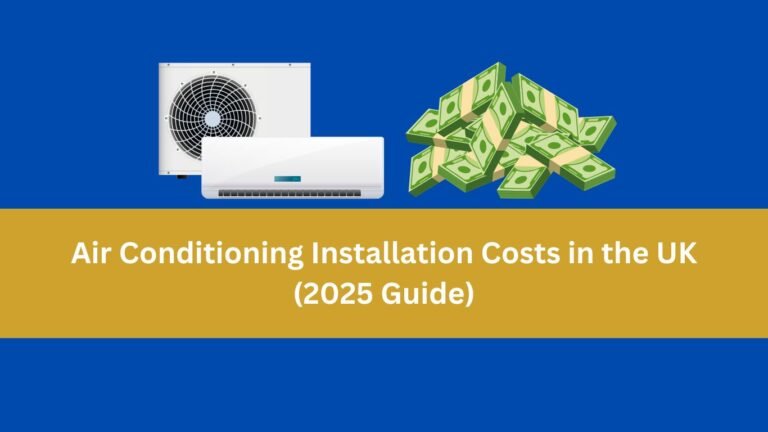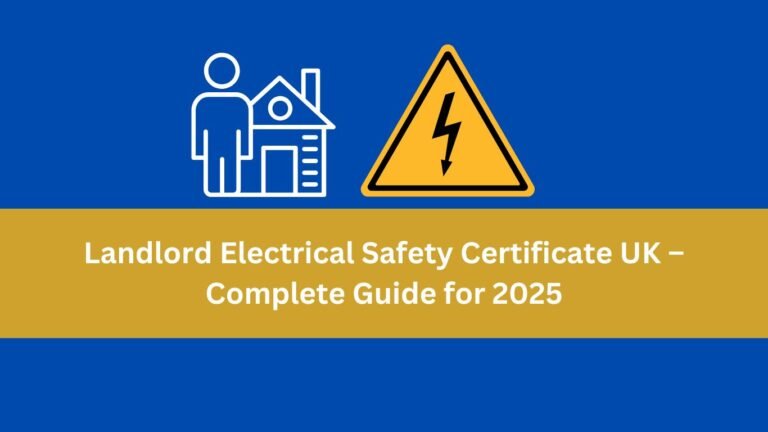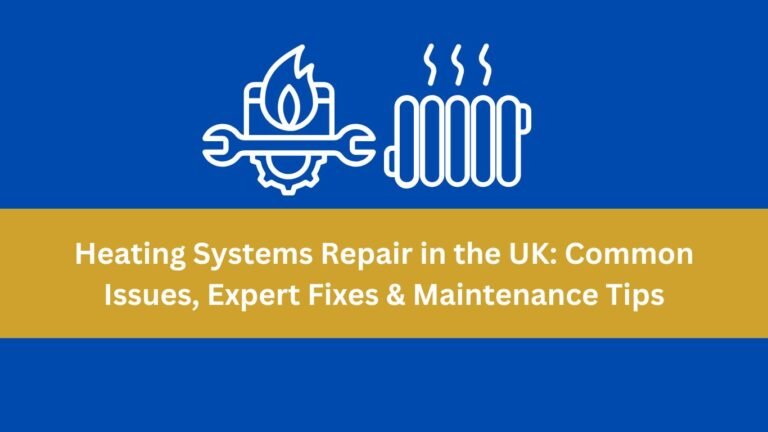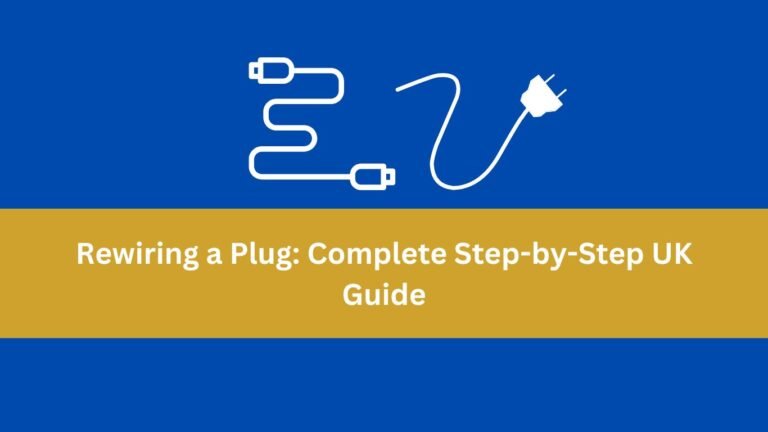Boiler Maintenance Plan Care
When winter arrives and temperatures plummet, the last thing you want is a broken boiler leaving you and your family in the cold. A well-structured ... Read more

Written by: James Turner
Published on: May 26, 2025
When winter arrives and temperatures plummet, the last thing you want is a broken boiler leaving you and your family in the cold. A well-structured ... Read more

Written by: James Turner
Published on: May 26, 2025

With climate change bringing increasingly hotter summers to the UK, more homeowners are considering air conditioning installation as a necessity rather than a luxury. The ... Read more

Written by: James Turner
Published on: May 22, 2025

Connecting solar panels to your home’s electrical system in the UK requires careful planning, understanding of regulations, and ideally, professional assistance. This guide walks you ... Read more

Written by: James Turner
Published on: May 22, 2025

Thinking about solar panels for your home? You’re not alone. With energy prices rising and climate concerns growing, many homeowners are wondering if solar is ... Read more

Written by: James Turner
Published on: May 8, 2025

UK House Wiring Colour Codes: A Quick Guide to Understanding Them Whether you are a homeowner undertaking minor electrical work, such as the installation of a ... Read more

Written by: James Turner
Published on: May 6, 2025

For UK landlords, ensuring the safety of tenants is not just a moral obligation but a legal requirement. At the forefront of these safety measures ... Read more

Written by: James Turner
Published on: April 30, 2025

When your heating system breaks down, especially in the middle of a cold UK winter, it can be stressful and uncomfortable. The UK’s chilly, damp ... Read more

Written by: James Turner
Published on: April 29, 2025

Rewiring a plug is an essential skill for every UK homeowner. Whether you’re replacing a damaged plug, wiring a new appliance, or fixing a frayed ... Read more

Written by: James Turner
Published on: April 16, 2025

Rewiring a house is one of the most significant electrical improvements you can make to your UK home. With aging electrical systems in many British ... Read more

Written by: James Turner
Published on: April 16, 2025